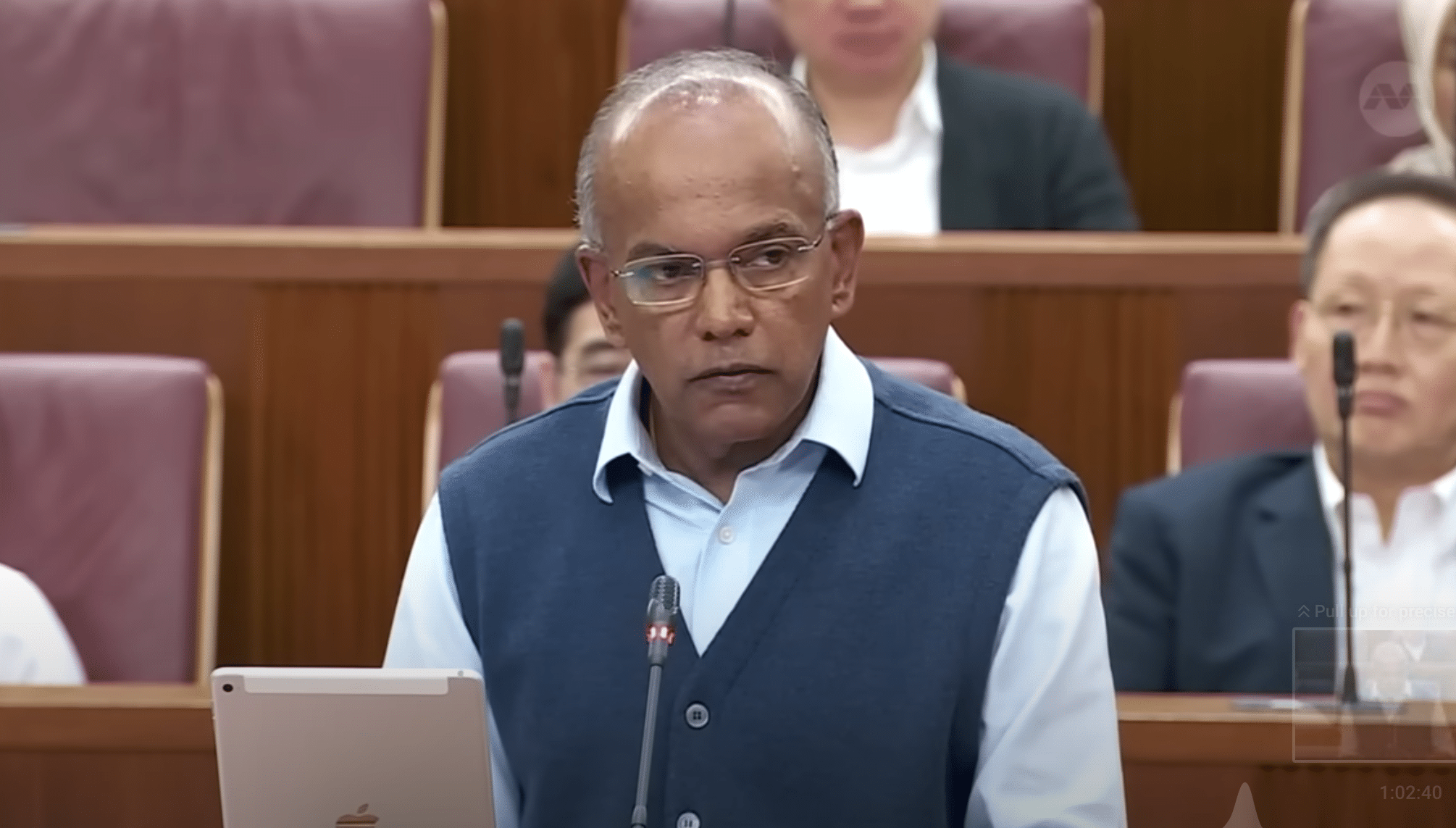INDONESIA — Senior politicians from the Party of Functional Groups (Golkar Party) are pushing for an Extraordinary National Congress (Munaslub) ahead of the registration of presidential and vice-presidential candidates for the 2024 Presidential Election.
The move aims to replace the Chairman of Golkar, Airlangga Hartanto.

Golkar was the ruling political group from 1971 to 1999, under Presidents Suharto and B. J. Habibie. It subsequently joined the ruling coalitions under Presidents Abdurrahman Wahid, Megawati Sukarnoputri, and Susilo Bambang Yudhoyono.
The politicians, who identify themselves as founding members of the Golkar Party, include Lawrence TP Siburian, Vice Chairman of the Central Executive Board of the Independent Employees’ Organization (Soksi); Ridwan Hisjam, a member of the Golkar Advisory Council; and Zainal Bintang, a senior Golkar politician.
Along with around 10 Golkar Party members, they held a press conference at the Sultan Hotel in Jakarta on Wednesday (12 Jul).
Lawrence stated that their stance was driven by the unclear direction of the Golkar Party in the lead-up to the 2024 presidential elections. He believed that only the National Mandate Party (PAN) had the potential to form a coalition with Golkar.
Lawrence said, “We already know that PAN is the only party that can form a coalition. PAN has 7 percent electability, Golkar has 14 percent, so if combined, it would be 21 percent.”
However, he also expressed concerns that joining forces would result in an inevitable defeat. Lawrence criticized Airlangga, the chosen Golkar presidential candidate for the 2024 elections, for his lack of action.

Ridwan Hisjam, another member of the Golkar Advisory Council, called for an immediate evaluation of the results of the 2019 Golkar Party National Congress (Munas) which had designated Airlangga as the presidential candidate for the 2024 elections.
Ridwan argued that since Airlangga’s appointment as Golkar’s presidential candidate in 2019, there had been no signs of Golkar’s “victory.” He pointed out that several surveys indicated Golkar had been overtaken by other parties.
Ridwan also criticized the United Indonesian Coalition (KIB) formed by Golkar, PAN, and the United Development Party (PPP) for their lack of significant progress.
During the press conference, Lawrence symbolically handed over a letter of recommendation from the Golkar Party’s founding members to Ridwan Hisjam, to be forwarded to the Golkar Central Eecutive Board. Ridwan stated that the Golkar Advisory Council had issued three recommendations for Airlangga Hartarto.
These recommendations were solely made to save and revitalize the Golkar Party for the 2024 general elections. The two main points emphasized the need for Airlangga to declare himself as a presidential candidate and for Golkar to form a new axis to support Airlangga’s political vehicle.
Failure to fulfil these two points would necessitate the immediate convening of an Extraordinary National Congress (Munaslub) to remove Airlangga from the position of Golkar Party Chairman.
Ridwan emphasized that replacing the party chairman through an Extraordinary National Congress was not prohibited within the party.
He referred to the party’s constitution and bylaws (AD/ART), stating that the Golkar Party had previously conducted a Munaslub, which resulted in Airlangga being appointed as the party chairman to replace Setya Novanto, who was embroiled in a legal case.

Yorrys Raweyai, the former Coordinator of the Political, Legal, and Security Affairs Division of the Golkar Party’s Central Leadership Council from 2016 to 2017, viewed the Extraordinary National Congress as a solution to address the declining electability of the Golkar Party in the lead-up to the 2024 elections.
He believed that the Munaslub provided an opportunity to evaluate the chairman’s performance in boosting the party.
Yorrys stated, “Besides not being forbidden, the Munaslub also has the potential to generate short-term strategic solutions that may be difficult to achieve under Airlangga’s leadership.”
He emphasized that the Munaslub served as a reminder to party leaders that the sovereignty of a party lies in the hands of its members.
Yorrys further argued that the implementation of the Munaslub would be more beneficial than maintaining Airlangga Hartarto’s leadership. He expressed concerns that if the current situation continued, the Golkar Party would further decline.
Yorrys believed that those opposing the Munaslub were individuals who were content with Golkar’s failure under Airlangga’s leadership.
He stated that the public was eagerly observing the state of democracy within Golkar and that the Munaslub could serve as evidence of democracy within the party.
Yorrys added that with time running out, Golkar could no longer rely on Airlangga’s leadership strategy to improve the party’s electability. He suspected that Airlangga was hiding behind a superficial consolidation that resulted in silent and muted voices.
Nevertheless, Yorrys acknowledged the existence of certain requirements for holding a Munaslub. These included a party being in a state of threat or facing urgent circumstances, as well as the Central Executive Board failing to fulfill the mandate of the national congress, rendering the organization unable to carry out its functions.
The Munaslub would require the endorsement of two-thirds of the Provincial Executive Boards to demonstrate that the situation was perceived at the grassroots level.
However, Yorrys concluded that in a situation where voices were reluctant to be heard, these constitutional requirements would remain “formidable” on paper but ineffective in a formal forum.






